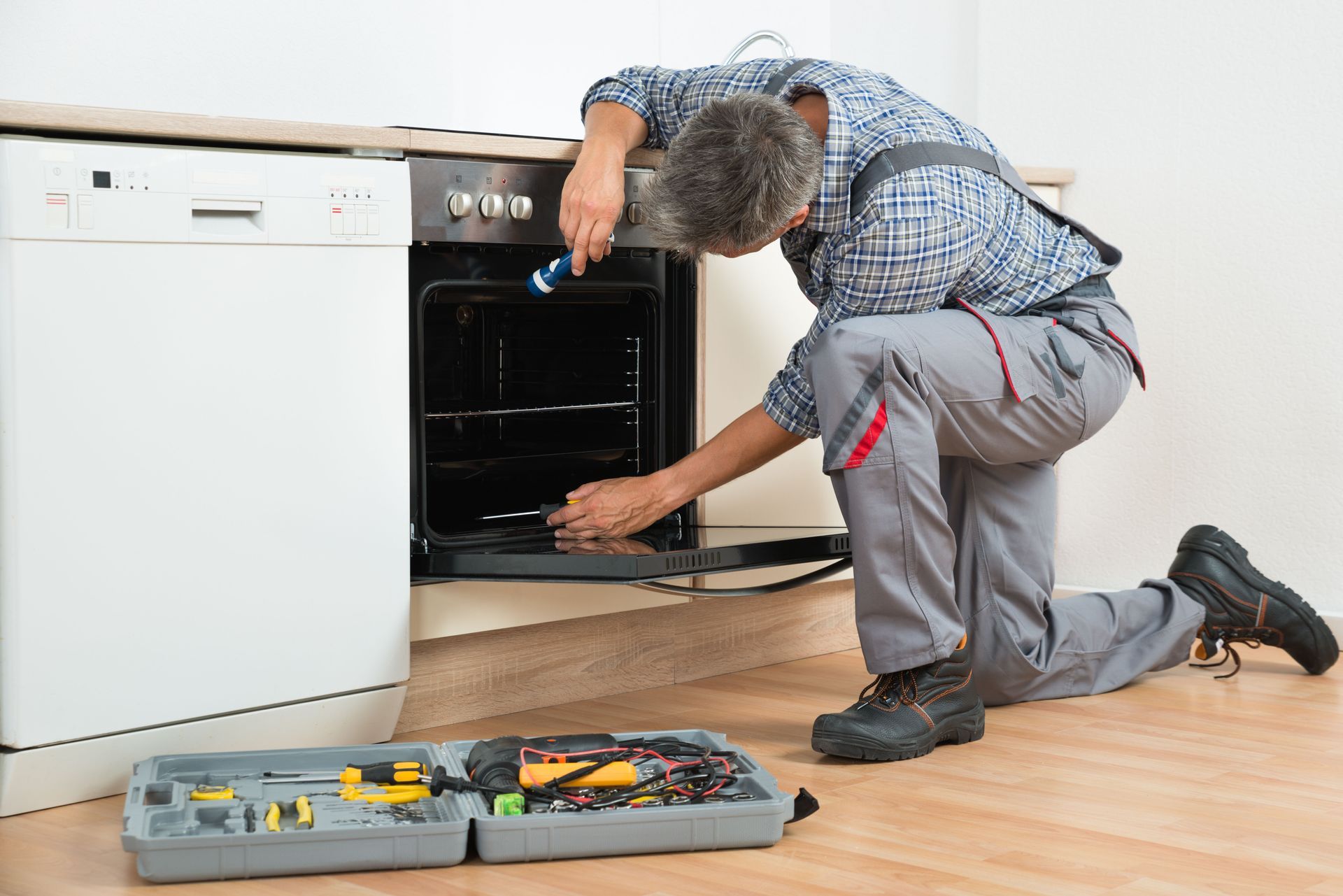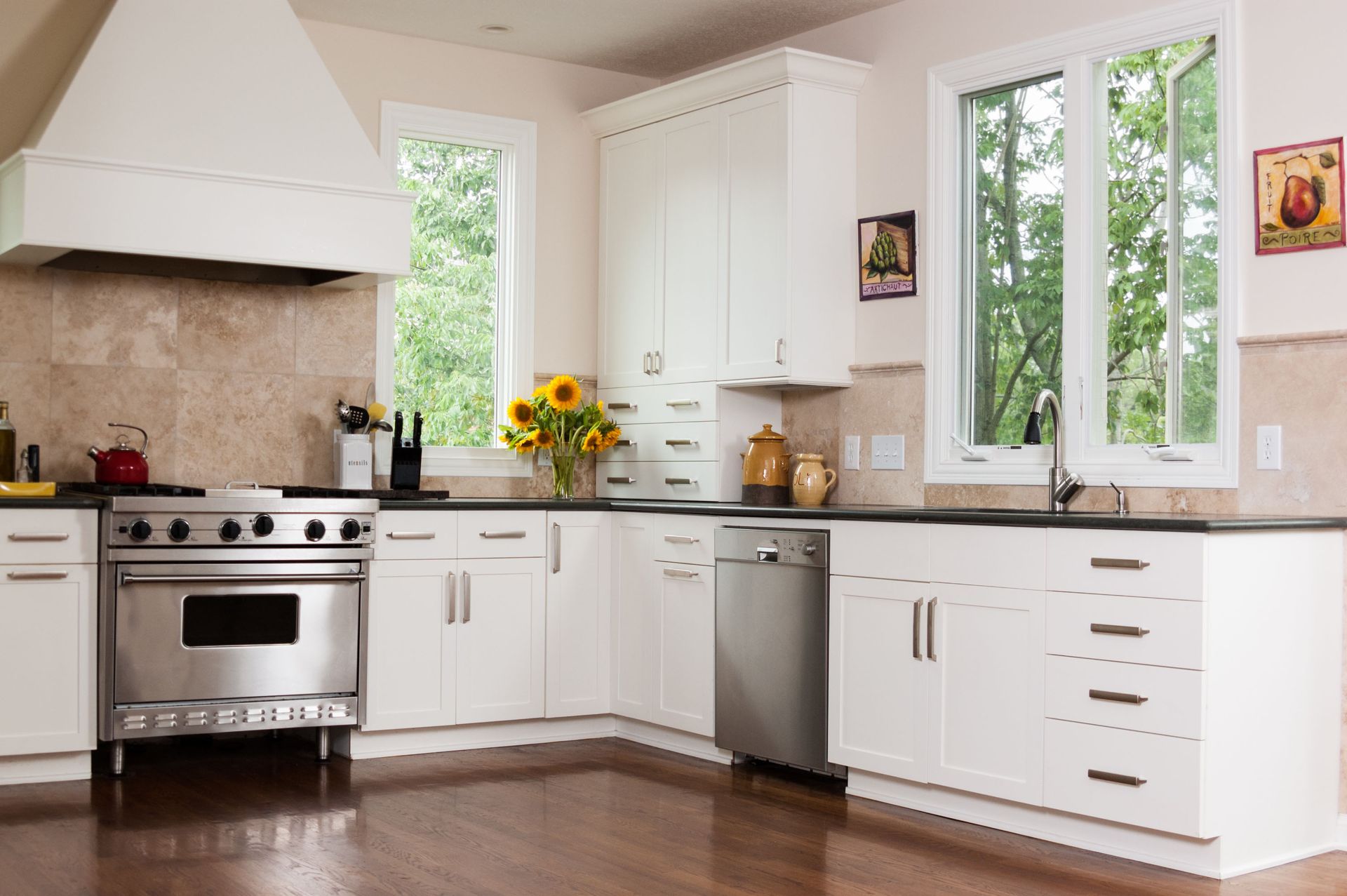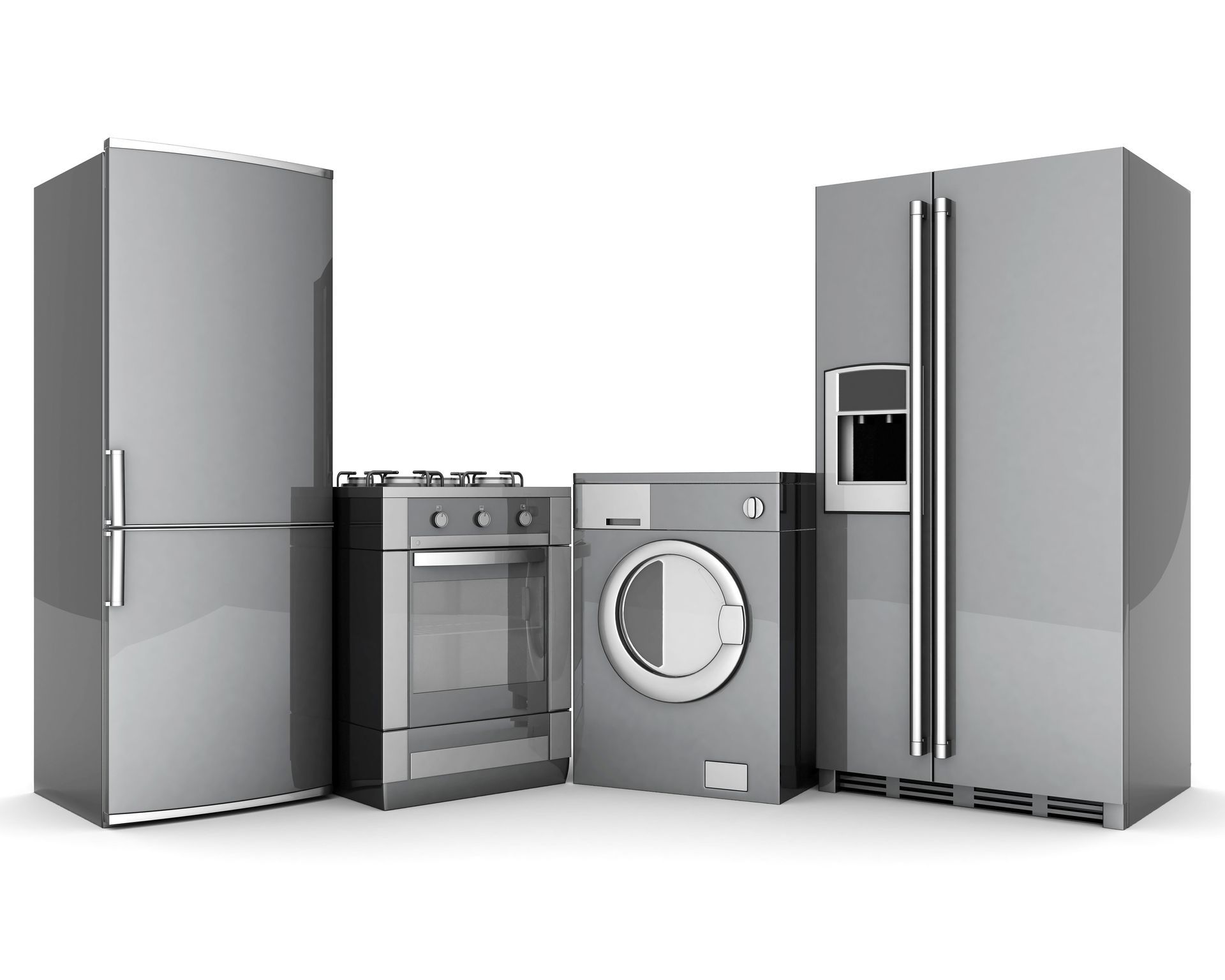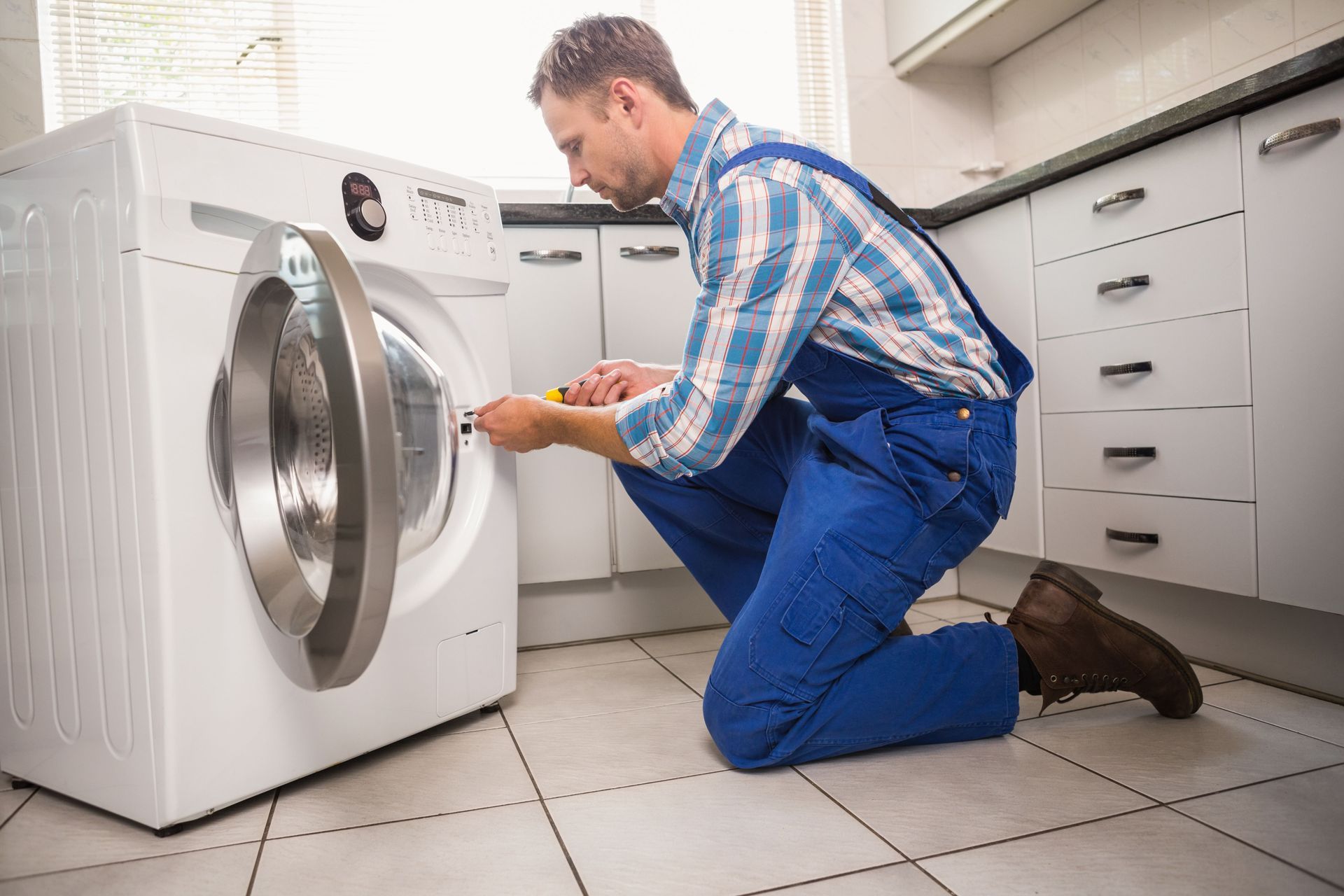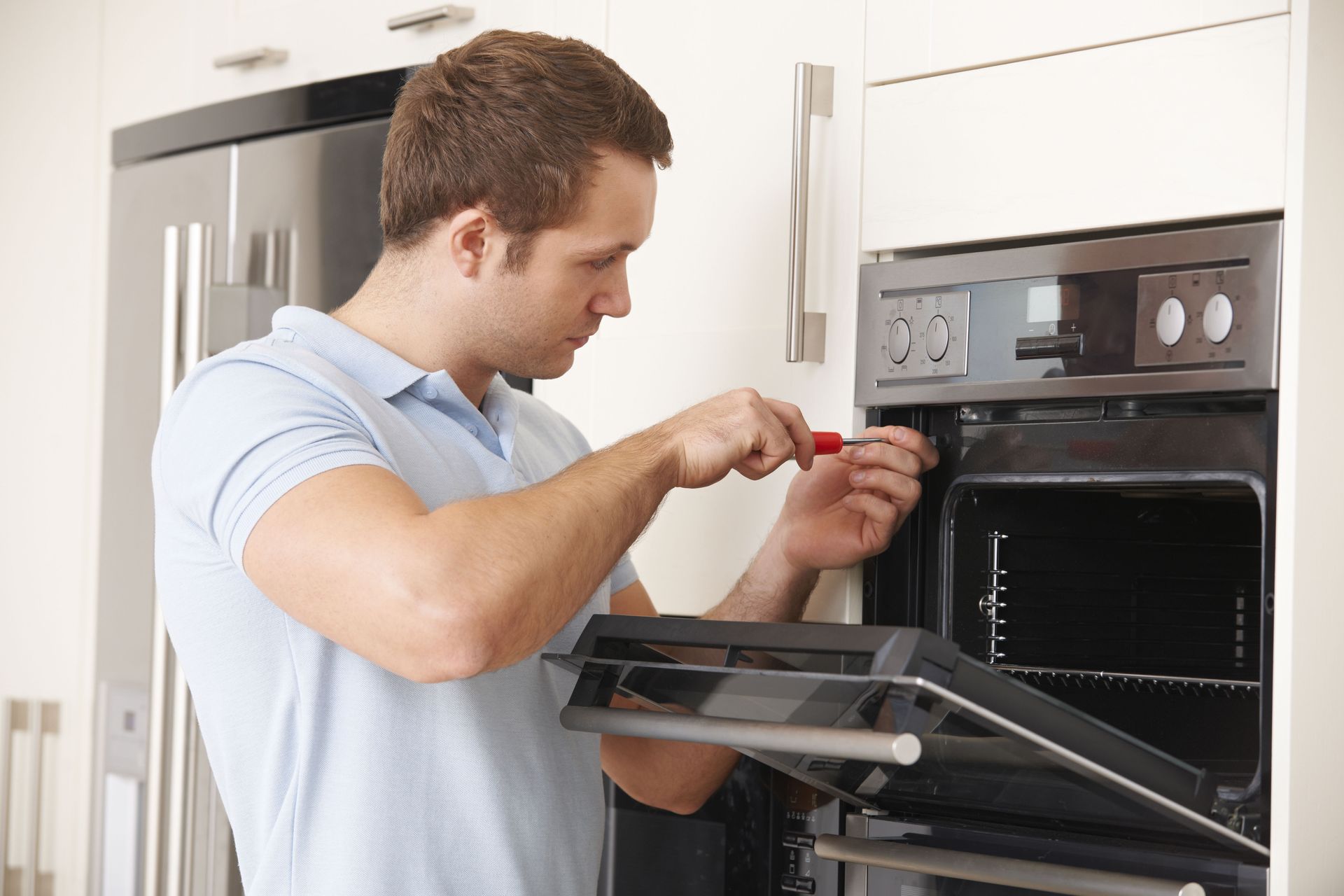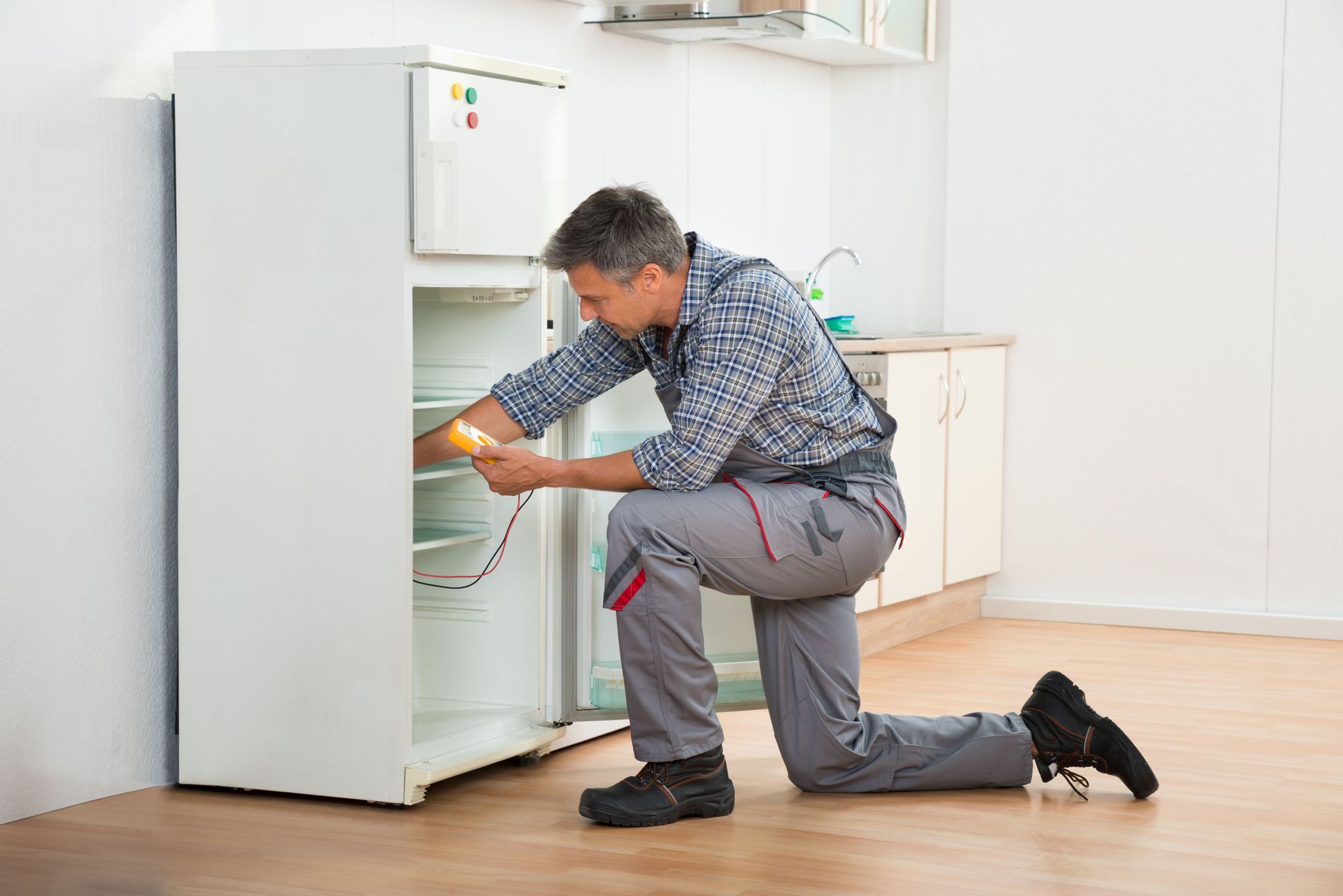Should I Replace or Repair My Stove?
When your trusty stove starts acting up, the first question that pops into your mind is whether to repair or replace it. It's a dilemma faced by many homeowners, as stoves are integral to daily life, providing us with delicious meals and culinary memories. Several factors come into play when making this decision, including the age of the stove, the cost of the stove repair, and potential safety issues. This guide aims to help you navigate this tricky decision by outlining key considerations, expert opinions, and practical advice.
Assessing the Age of Your Stove
The first factor to consider is the age of your stove. Typically, gas stoves are more durable, lasting on average two years longer than electric stoves, according to The Spruce. If your stove is nearing the end of its expected lifespan—around 13-15 years for gas and 11-13 for electric—you might want to consider replacing it. Older appliances can become less efficient, and parts might be more expensive and harder to find, making repairs less economically feasible.
Additionally, older stoves often lack modern safety features, such as automatic shutoff functions and enhanced temperature controls. If your appliance is still functioning but has outdated safety mechanisms, upgrading to a newer model may be a smart choice to prevent potential hazards.
Weighing Repair Costs Against Replacement
Another important aspect to evaluate is the cost of repair versus replacement. Generally, if repair costs exceed 50% of the price of a new stove, replacement might be the more economical option. This is particularly true if the appliance has a history of recurrent issues. Getting a professional estimate for both the repair and the cost of new models can help you make a well-informed decision. Remember, investing in a new stove might also offer improved efficiency and modern features that enhance your cooking experience.
It’s also worth considering whether the repair is a short-term fix or a long-term solution. Some repairs may temporarily resolve an issue, but if the stove continues to malfunction, frequent service calls can quickly add up, making replacement the better financial choice in the long run.
Prioritizing Safety Concerns
Safety should be a paramount concern when making your decision. Consider replacing your stove if it has safety issues such as gas leaks or electrical failures. These problems can pose significant hazards, including fire risks or even carbon monoxide exposure. Before taking any action, consult with a certified technician to assess the extent and nature of the problem. Sometimes, a simple repair can resolve safety issues, but in other cases, replacing the appliance ensures your home remains a safe environment.
Furthermore, newer models are designed with advanced safety features, including flame failure devices, child lock functions, and improved heat distribution. If your stove is prone to overheating or unpredictable temperature fluctuations, replacing it with a safer, more reliable model may be the best option.
Considering Environmental and Energy Efficiency
Environmental impact is another consideration. Older stoves might not meet current energy standards, leading to higher energy consumption and increased utility bills. Newer models often come equipped with energy-saving features, making them more environmentally friendly. If you're environmentally conscious, this might tip the scales in favor of replacement. Plus, investing in a more energy-efficient stove could end up saving you money in the long run while reducing your household's carbon footprint.
Gas stoves, for instance, can be less efficient than modern induction cooktops, which use electromagnetic technology to transfer heat directly to cookware. If you are looking for a more sustainable option, upgrading to an energy-efficient appliance could be a worthwhile investment.
Matching Your Stove to Your Cooking Needs
Finally, consider your personal preferences and kitchen needs. An outdated stove might not be meeting your cooking requirements anymore, especially if your culinary habits have evolved. Modern stoves offer a range of features, from convection ovens to smart technology, that could significantly enhance your cooking experiences. If you've been dreaming about upgrading your kitchen, the unfortunate breakdown of your stove might be the perfect opportunity to tailor your appliances to your lifestyle and needs.
Newer models also offer greater versatility in temperature control, cooking modes, and even remote operation through smartphone apps. If you love experimenting with new recipes or need a stove that can accommodate high-precision cooking, a replacement may be the best way to elevate your kitchen experience.
In conclusion, the decision to repair or replace your stove depends on several factors including its age, repair cost, safety concerns, environmental impact, and your personal cooking preferences. Taking a balanced approach that considers both practical and personal factors will ensure you make the best decision for your home and lifestyle. Whether you decide to repair or replace, both options carry their own set of benefits that can either extend the life of your stove or introduce new possibilities into your culinary endeavors. If you need a
stove repair or replacement, call us at At Your Service Appliance Repair today!
serving Area
Eugene, OR
Springfield, OR
Veneta, OR
Elmira, OR
Junction City, OR
Creswell, OR
Cottage Grove, OR
Pleasant Hill, OR
Business Hours
- Mon - Fri
- -
- Sat - Sun
- Closed

